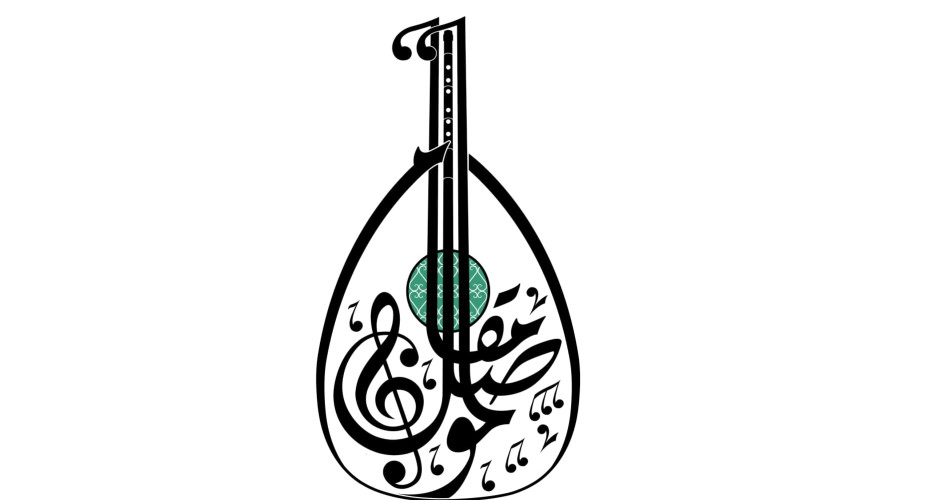Mosul residents to celebrate the city’s ancient musical heritage and its resilience at new festival

Mosul’s special craft of Maqam, which dates to 750, is even more vulnerable due to the country’s conflicts over the past two decades, including the ISIS attack of 2014
Residents of Mosul are celebrating freedom from ISIS and their ancient Iraqi musical heritage with a new festival in a park once used to train fighters and recruit children.
The community is also taking part in new learning opportunities as part of a research project set up to safeguard vibrant Iraqi maqam music and protect it for future generations.
Years of political unrest, war and displacement threatened the future of maqam, which is a broad system of melodic modes which encapsulates traditional and folk tales, love stories, and spiritual ceremonies.
Mosul’s special craft of Maqam, which dates to 750, is even more vulnerable due to the country’s conflicts over the past two decades, including the ISIS attack of 2014.
Music production and musicians in Mosul have been targeted through terrorist attacks since 2003. ISIS killed and imprisoned musicians. Performers began clipping their nails to play the guitar quieter and burying their musical instruments in their gardens to hide them. ISIS turned the Spring Theatre in Mosul into a prison and place of execution, while the Maqam house was left in ruins.
Now a new generation are learning maqam, and the people of Mosul will participate in the new festival to celebrate it next month.
The festival, the first of its kind to be held in the city, will be held in Mosul Forest overlooking the Tigris. It will celebrate the city’s resilience and the commitment of residents to bringing it back to life.
As part of the event, held on September 27th, there will be traditional maqam reading with Maqam masters, Ramiz al-Rawi and Fakhri Fadhil. Musicians from different genres, including jazz, will also demonstrate different ways of using maqam, playing with young artists from Mosul.
The project, led by Bryar Bajalan from the University of Exeter and Mosul-based researchers, Tahany Saleh, Mahmmood Jumaa, alongside Kashkul staff Pshtiwan Babakr and Sarwar Taha, is funded by the British Council’s Cultural Protection Fund, in partnership with the UK Government Department for Digital, Culture, Media and Sport (DCMS).
It is run in collaboration with Kashkul, the centre for arts and culture at the American University of Iraq and Sulaimani (AUIS) and the “Volunteer With Us” organization in Mosul.
Eleven in-person classes have been conducted at the Faculty of Fine Arts, University of Mosul, covering over 15 Maqams from the repertoire for 50 students.
Bryar said: “Some are musicians, others are beginners, and some are talented singers but for most this is their first chance to have proper teaching and to learn the scales they need to be able to perform. The youngest is 9 and we are particularly pleased to have a high number of female and younger participants too. We have deliberately provided support such as childcare, and transportation costs for chaperones, to ensure women can travel safely and facilitate their participation.
“The project places great emphasis on inclusivity in all its activities, and we are installing arrangements like wheelchair ramps so that people with limited mobility can participate in enjoying their cultural heritage, and other recreational/leisure activities on equal basis.
“While there have been few initiatives to safeguard the Iraqi Maqam, most efforts have concentrated on maqam music from Baghdad, which is commendable. However, this is the first time such initiatives are being implemented in Mosul, and the classes and festival provide and excellent opportunity to highlight the talent in the city.”
Jazz musician and maqam reader Amir El-Saffar is mentoring people to create their own music which reflects their contemporary lived experiences, and this will be performed at the festival. The music will also be recorded and released as an album.
Young people in Mosul have also received training in how to record oral histories, including a visit to the Kurdistan Heritage Institute to hear from staff about how they are preserving music and songs. Two Mosuli girls are working on a graphic novel to present the art of Maqam in inclusive way.
Bryar said: “Both Aya Haseb and Haneen Bilal who are working on the graphic novel are so young that they barely remember Mosul before the war. They are reconnecting with their city and families through this work. As the city is being rebuilt people are also rebuilding their identities and they have been exceptionally keen to be involved in this project.”
The project will be showcased as part of an exhibition in Exeter next spring when people will be able to see film and pictures and hear music created.
There are ongoing Mosul Maqam classes available on the project’s YouTube channel in both English and Arabic, with more classes to be added in the coming weeks.



